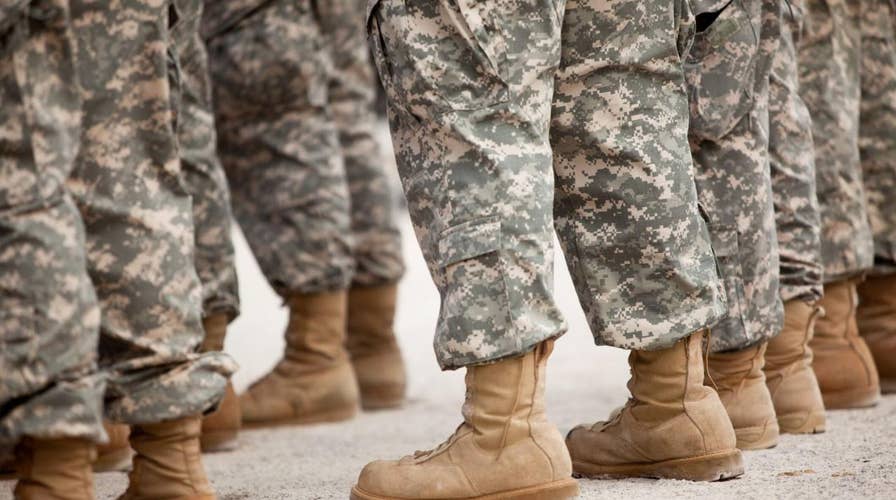In the military, you were taught to take action. No one ever taught you to sit around. For veterans, the same mindset must be applied to mental health. Not only is it ok to seek resources, you should be seeking resources.
Unfortunately, the data paints a bleak picture on the issue. According to a study by the National Academies of Sciences, Engineering and Medicine, there is “a substantial unmet need for mental health services” among veterans who served in Iraq and Afghanistan. Half of the veterans surveyed in the report who have a need for mental health care services do not use them, and more than half who have a mental health need do not perceive a need for mental health services.
Statistics like these illustrate just how dire the situation is and why the need for action is so great. The hallmark of a successful transition to civilian life is rooted in veterans' ability to improve their well-being.
DR. MIKE HAYNIE: WHY THE EPIDEMIC OF VETERAN SUICIDES? AND WHERE IS THE OUTRAGE?
I am proud to lead Team Red, White, and Blue, as organizations like ours are on the front lines of providing veterans with critical services.
More from Opinion
At Team RWB, we believe in this data-driven concept: by creating quality relationships and experiences that contribute to life satisfaction and overall well-being, we can improve the physical and mental health of veterans, help them overcome loneliness, and renew a sense of purpose in their lives.
However, when we see statistics such as the veteran suicide rate, which increased from 15.9 in 2005 to 16.8 in 2017, according to the Department of Veterans Affairs, we know we need more support.
To start, we need to change the narrative around transitioning from military service to civilian life. Too often, the conversation frames military service like it’s some sort of disease that these poor soldiers need to recover from or be cured of. That’s where the stigma of mental health begins.
While there is an increased focus around Veterans Day on mental health challenges for our community, the work continues the other 364 days out of the year.
What we need to break the stigma is shift the conversation to a positive tone, to talk about the resiliency of these veterans, the positive effects of their military service and how lessons learned on the battlefield can easily translate to civilian life.
But challenging the stigma around mental health requires the leadership of partners beyond just veterans advocacy organizations.
Fortunately, we are seeing the private sector step up to the plate.
Take Starbucks, for example. Earlier this year, the company announced it met its goal of hiring 25,000 veterans and military spouses six years ahead of schedule. Why? Because Starbucks found that these hires make the company and the community stronger.
And in response to feedback from its veterans’ community, the company is launching Mental Health Matters, a new initiative to help break the stigma by increasing employee access to mental health resources, training and care. In addition, this Veterans Day, Starbucks is donating a portion of proceeds from every brewed cup of coffee to Team RWB to help support our mental health efforts.
Starbucks is certainly not the only company that has taken on this challenge. At Team RWB, we are fortunate to work with dozens of private sector partners who appreciate and understand our disciplined approach to fulfilling our mission, including Comcast, Nike and CVS.
CLICK HERE TO SIGN UP FOR OUR OPINION NEWSLETTER
But while there is an increased focus around Veterans Day on mental health challenges for our community, the work continues the other 364 days out of the year. We must talk more about how transitioning veterans can thrive, while also ensuring the services they need are available and, most important, being utilized.
We are taught in the military to never ignore the challenges, rather we should stay positive and attack them, and that’s how we need to approach mental health.

